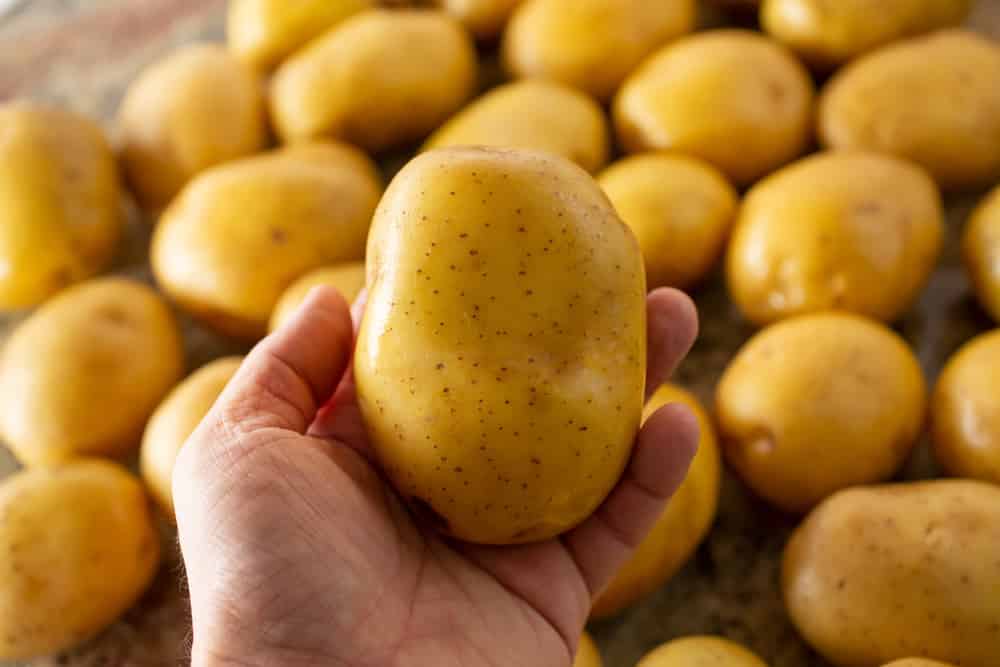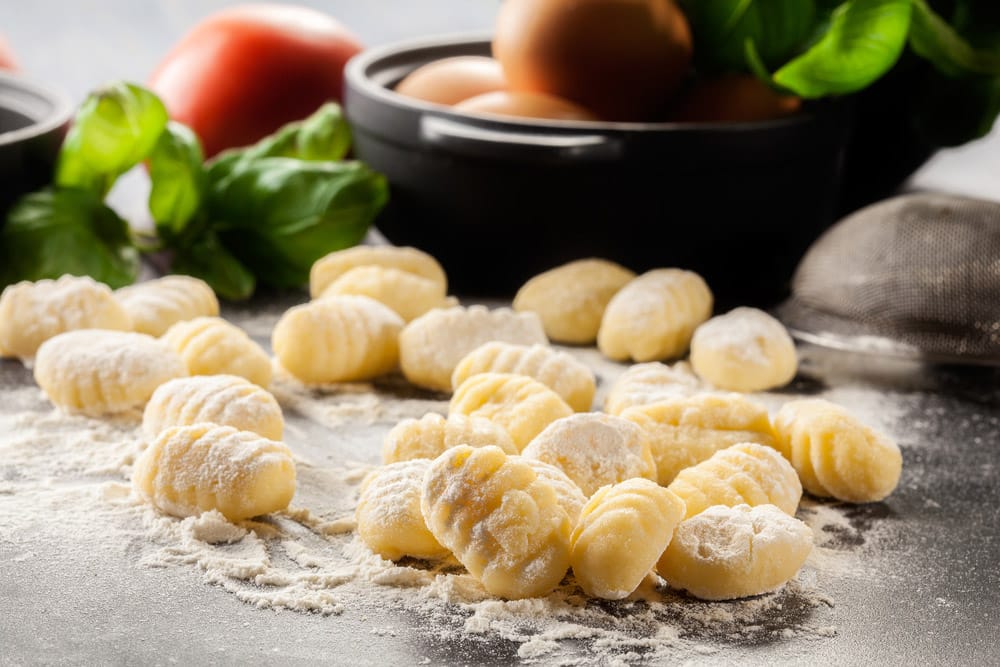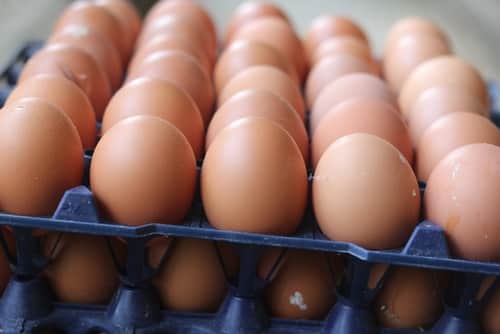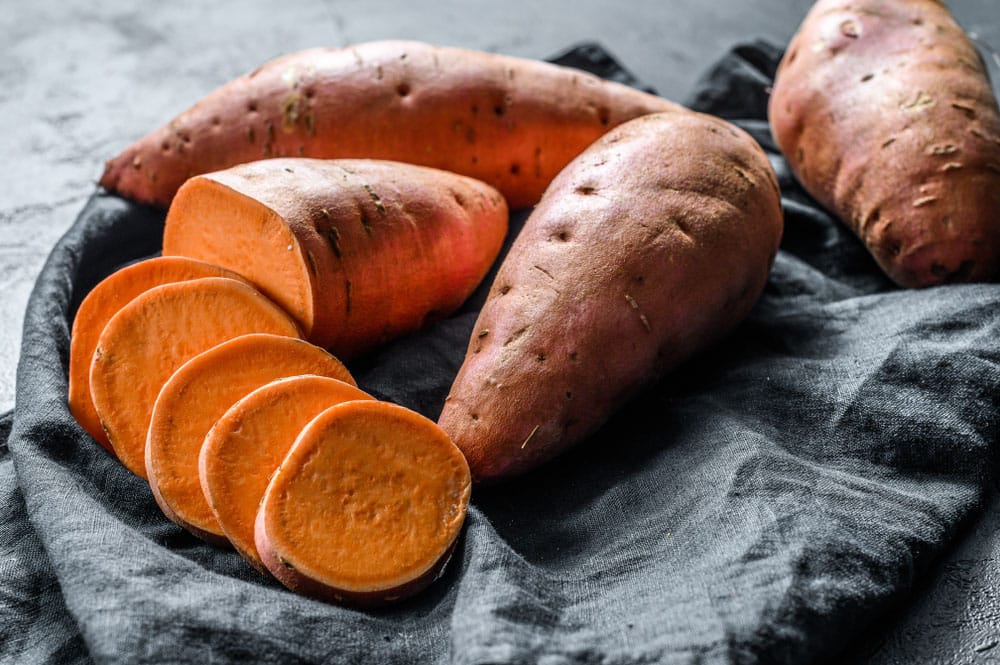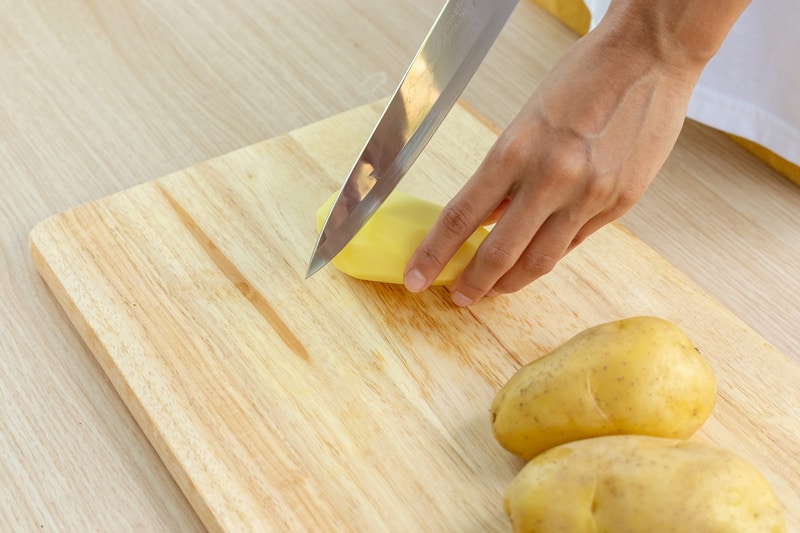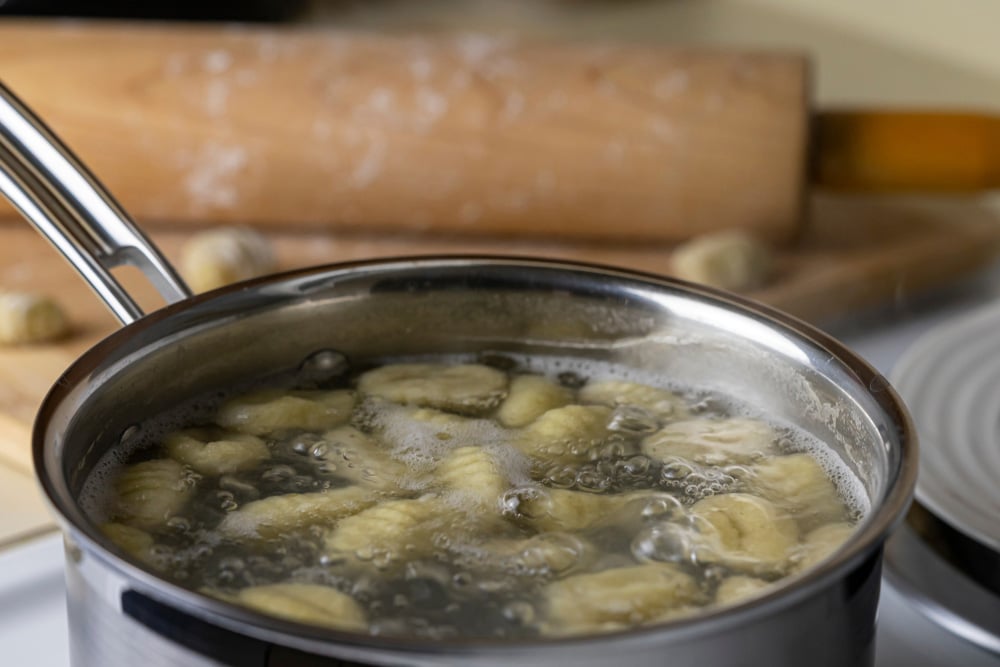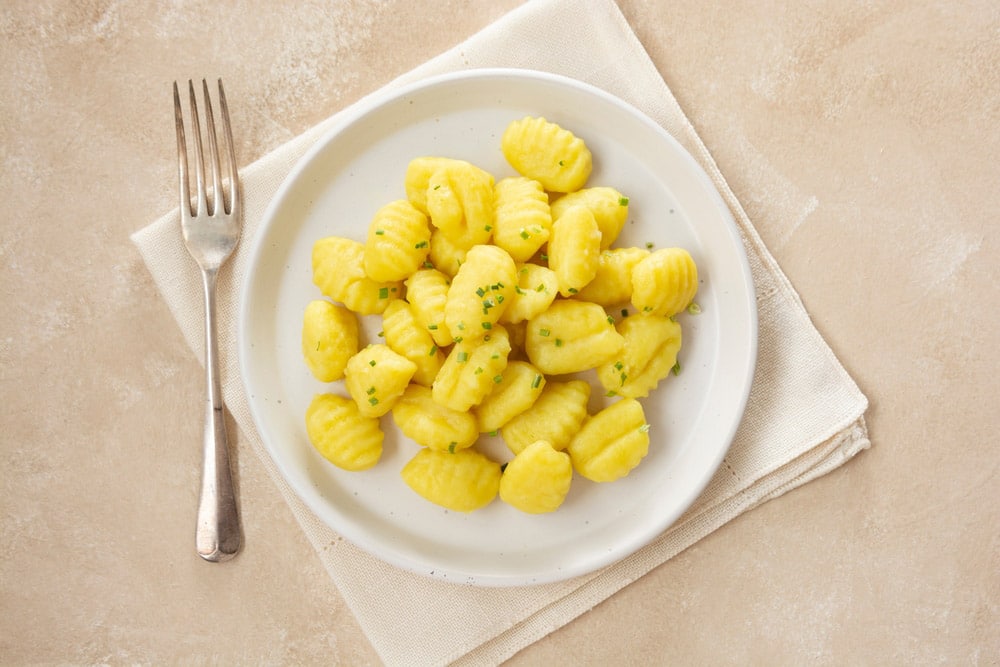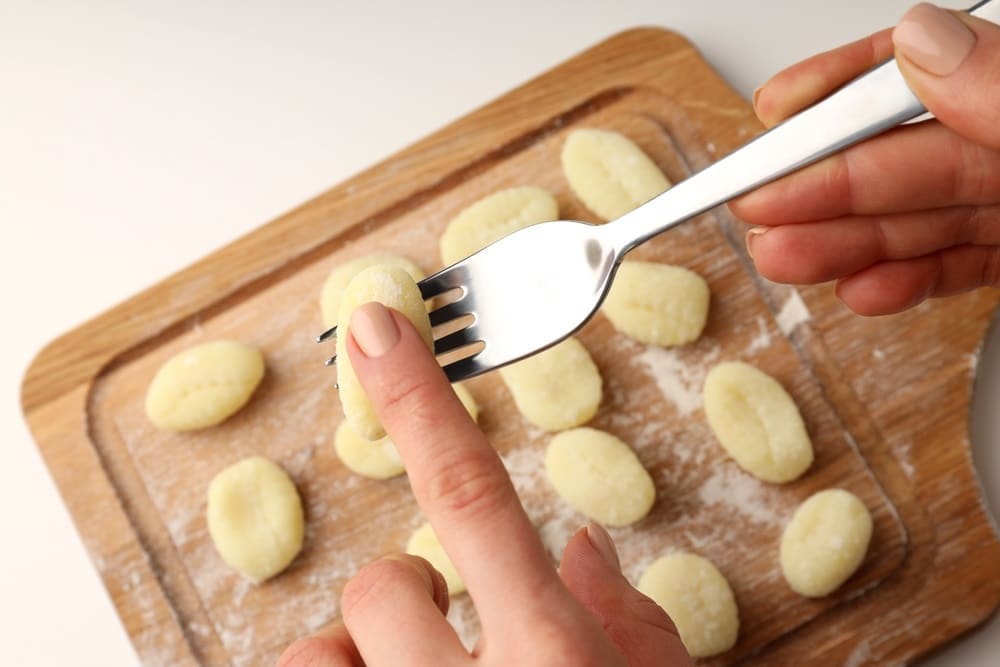
Gnocchi is a popular type of tiny Italian dumpling made with potatoes. They are often eaten as a pasta substitute and are enjoyed along with many kinds of sauces like creamy alfredo or a Bolognese type tomato sauce.
When roasted, they are even consumed on their own as a popular snack. It can be a little difficult to make this Italian delicacy though and they do take a practice to master.
People often have them in a restaurant, love them, try them at home, then find out that they’re not quite the same. Some of the common things that go wrong are that they turn out tough or else too soft.
You may be wondering how such a simple combination of ingredients – potato, flour, and eggs – can possibly not turn out right.
Learning the tricks that Italian mamas have perfected over centuries will help you to turn out light, fluffy pillows of deliciousness rather than soft, mushy mouthfuls or chewy, tough lumps. Today we’re looking at what to do if your gnocchi turn out too soft and mushy.
Please don’t let this put you off making them. Keep reading for some reasons as to why this might happen and some solutions for preventing it from happening again.
Why are Your Gnocchi Too Soft?
- Check what kind of potatoes you used
Never use new potatoes to make gnocchi. They contain too much water. Now is the time to use up your old potatoes. Choose potatoes that are recommended for baking as these contain more starch than the waxy varieties used for salad.
Some of the best potato varieties for gnocchi are any russet type, Yukon Gold, or Desiree. Really though, any type that is recommended for baking, roasting, or making chips will work.
- Check how much flour you used
It can be difficult to get an idea of how much flour to add because it really depends on the potatoes. You definitely want to err on the side of less rather than more.
It’s a delicate balance though because if you use too much, your gnocchi will be tough and doughy but if you use too little, they will be soft. Add just enough flour to bind the egg and flour together into a dough.
If your gnocchi are too soft, you probably need to add a little more flour but be careful! If you’re wondering what flour to use, any all-purpose flour will do. The type of flour is not the reason for your gnocchi being too soft.
- Did you use egg?
Your gnocchi may be too soft because you didn’t use egg. While it is possible to make gnocchi without egg, the egg improves the texture and helps to hold the mixture in shape while it’s boiling. Some regions in Italy make their gnocchi without eggs, such as Piedmont.
However, for home cooks, we suggest you use 1 egg yolk for every half a kilo of uncooked potatoes.
- Did you make them with pumpkin or sweet potato?
While these vegetables can be used once you’ve mastered the technique, they generally contain a lot of moisture. This may be why your gnocchi are soft. If you use these vegetables, you must triple the amount of egg yolk and bake or roast them rather than boil them.
- Did you bake or boil the potatoes?
This is very important. Never, ever boil potatoes for gnocchi because if you don’t want them to be soft, you must remove as much moisture as possible from the potatoes. Bake them just before you want to make the gnocchi to prevent the starch from changing.
Slice them in half, scoop the flesh out, and squash it through a potato ricer into a wide, shallow dish. This will allow the steam to evaporate – yet another step in removing as much moisture as possible to prevent the gnocchi from being too soft.
- Did you boil them for too long?
Gnocchi cook very quickly. Use a big pot with plenty of salted water. Once the water is boiling rapidly, add the gnocchi. Do not overcrowd the pan but rather cook them in batches.
Once the water comes back to the boil and the gnocchi float to the top, they can be removed from the water with a slotted spoon (within 30 seconds). If you left them in for longer, perhaps this is why your gnocchi are too soft. Place them in a warmed dish while you cook the remaining batches.
Conclusion
Your gnocchi may be too soft for several reasons
- Boiled not baked the potatoes
- Used the wrong type of potato
- Didn’t use any egg yolks
- Boiled them for too long
- Didn’t use flour or used the wrong amount
- Made them with vegetables other than potatoes
